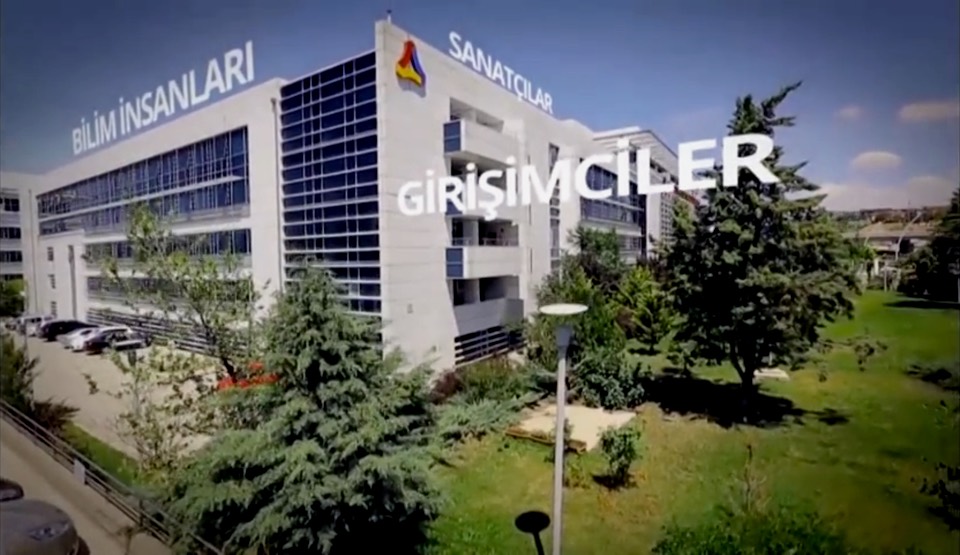

3 TERM EDUCATION
Early greetings to business life with three term system!

GARAJ
Find an idea, make it real…’Garaj’ Experience for the Entrepreneur!


Early greetings to business life with three term system!

Find an idea, make it real…’Garaj’ Experience for the Entrepreneur!
